
A check-up allows your dentist to see if you have any dental problems and helps you keep your mouth healthy. Leaving problems untreated could make them more difficult to treat in the future, so it's best to deal with problems early, or, if possible, prevent them altogether.
All patients have an oral cancer screening as part of every full dental check up. The examination includes a dental health history to look at risk factors, plus an examination of all the soft tissues of the mouth, especially the tongue and floor of the mouth.
After your check-up, we will recommend a date for your next visit. The time to your next check-up could be as short as 3 months or as long as 2 years (or up to 1 year if you're under 18). Generally, the lower your risk of dental problems, the longer you can wait before your next check-up. People with good oral health will probably need to attend only once every 12-24 months, those with more problems will need check-ups more often.
If you've been diagnosed with gum disease, there are a variety of treatment options depending on the details of your situation and the severity of the problem. We always start with the least invasive options, which are non-surgical. However, in more serious cases, surgery may be necessary.
Untreated periodontitis can cause your gums to shrink back from your teeth (called recession). This may then expose some of the roots of your teeth, making them sensitive. If you have any bone loss, your teeth may feel loose. If your periodontitis isn’t treated for a number of years, you may even lose some teeth.
Gum disease happens when plaque builds up around teeth that aren’t cleaned properly. You may find it harder to clean your teeth if you wear braces, have implants or wear dentures.
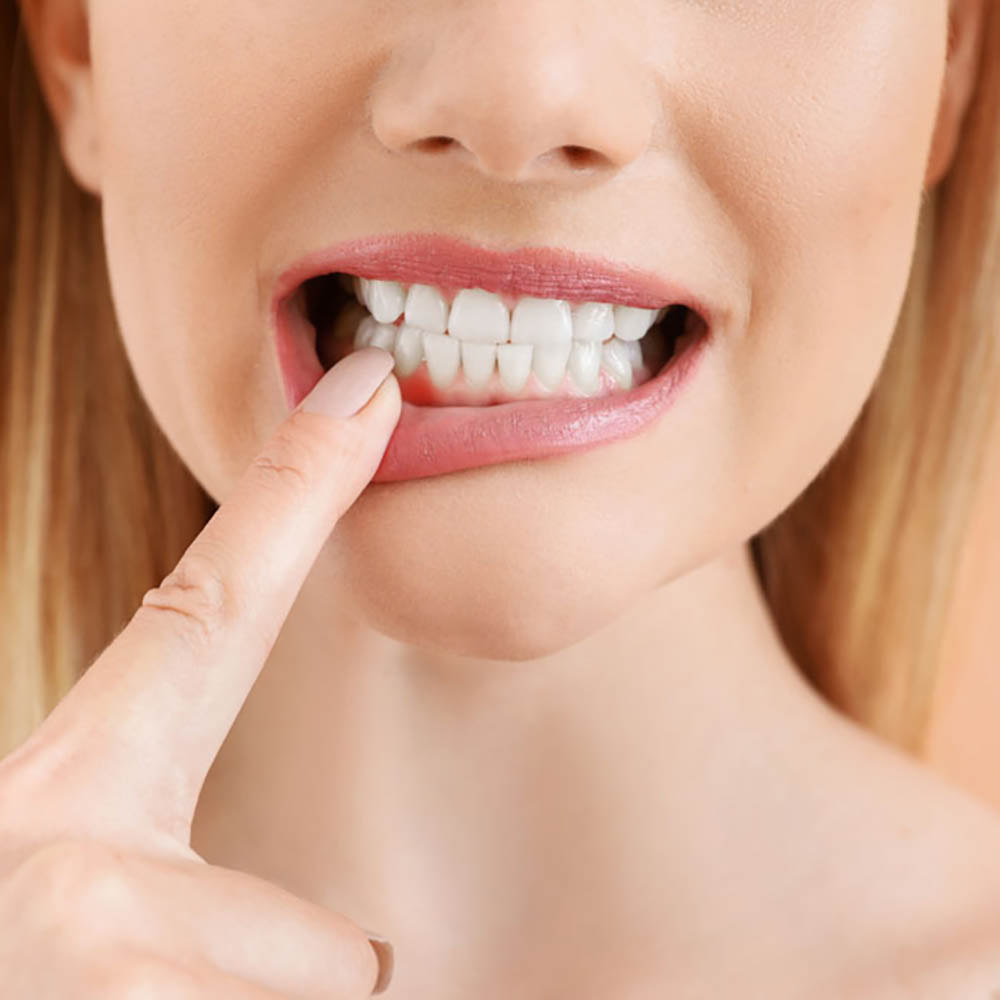
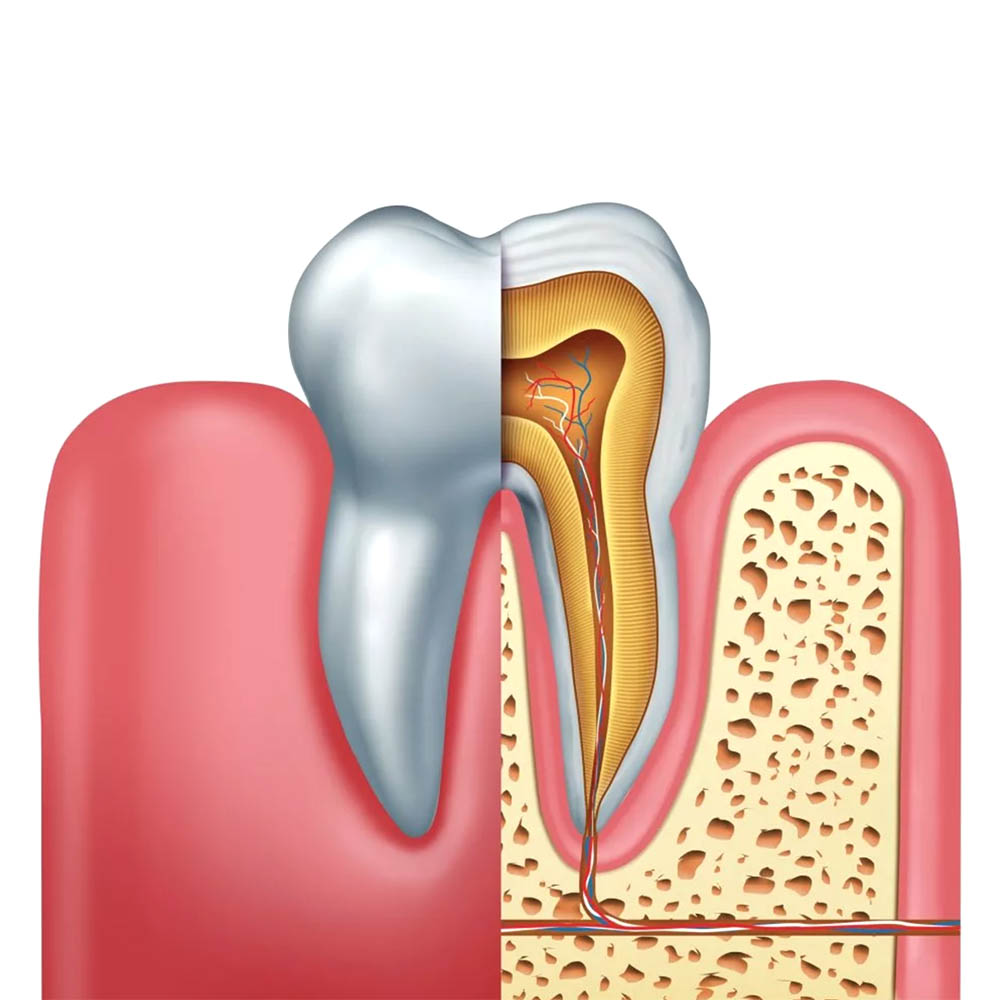
Root canal treatment (endodontics) is a dental procedure used to treat infection at the centre of a tooth. Root canal treatment is not painful and can save a tooth that might otherwise have to be removed completely.
To treat the infection in the root canal, the bacteria needs to be removed. After the bacteria has been removed, the root canal is filled and the tooth sealed with a filling or crown. In most cases the inflamed tissue near the tooth will heal naturally. Before having root canal treatment, you'll usually be given a local anaesthetic. This means the procedure should be painless and no more unpleasant than having a filling.
Root canal treatment is usually successful. In about 9 out of 10 cases a tooth can survive for up to 10 years after root canal treatment.
Dental crowns, bridges and veneers offer a permanent solution for missing teeth. Unlike dental implants, bridges can replace missing teeth without surgery. And with porcelain finishes available, your new tooth could be almost indistinguishable from the natural teeth surrounding it.
These cosmetic treatments can boost your confidence in your smile and make day to day activities such as eating and talking easier. Replacing a missing tooth can also help protect your remaining teeth. When you have gaps, remaining teeth may lean over or move into the space, affecting the way you bite.
Food can also get trapped in spaces, increasing your risk of tooth decay. Crowns, bridges and veneers are an investment in your confidence, quality of life and oral health.
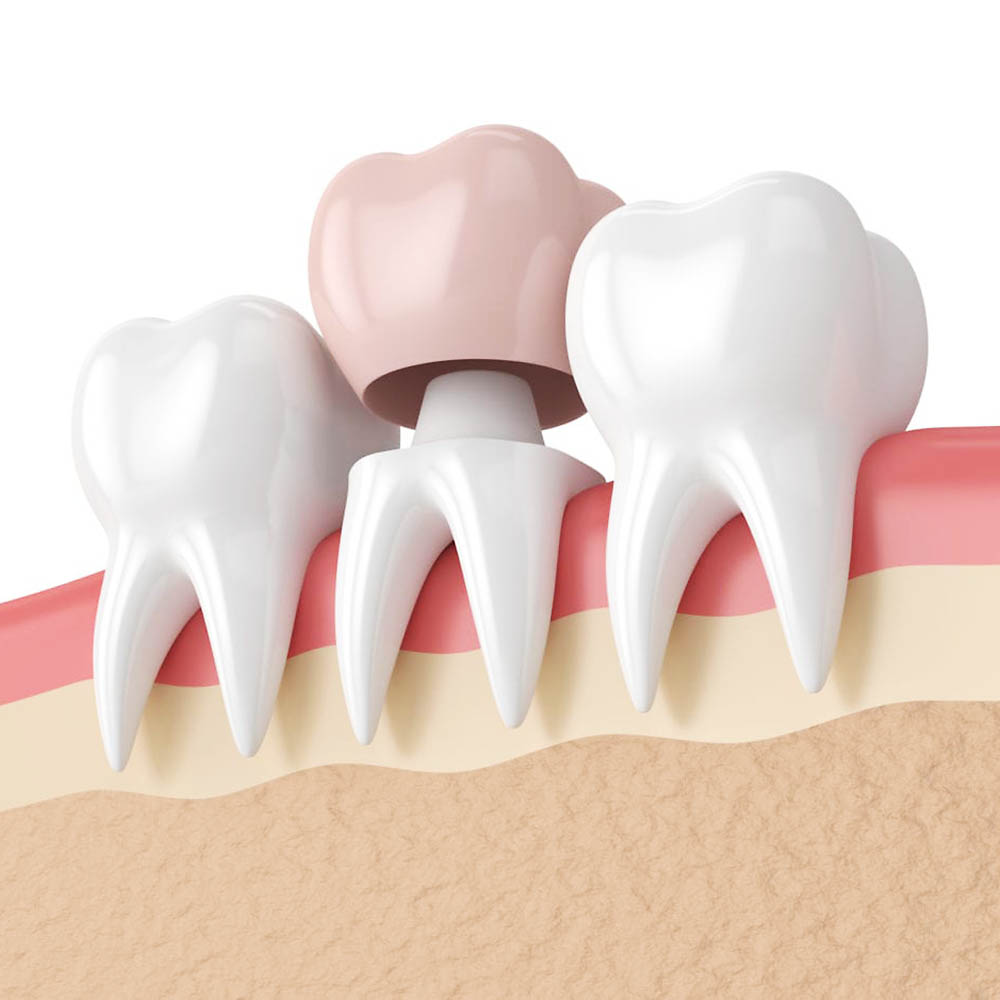
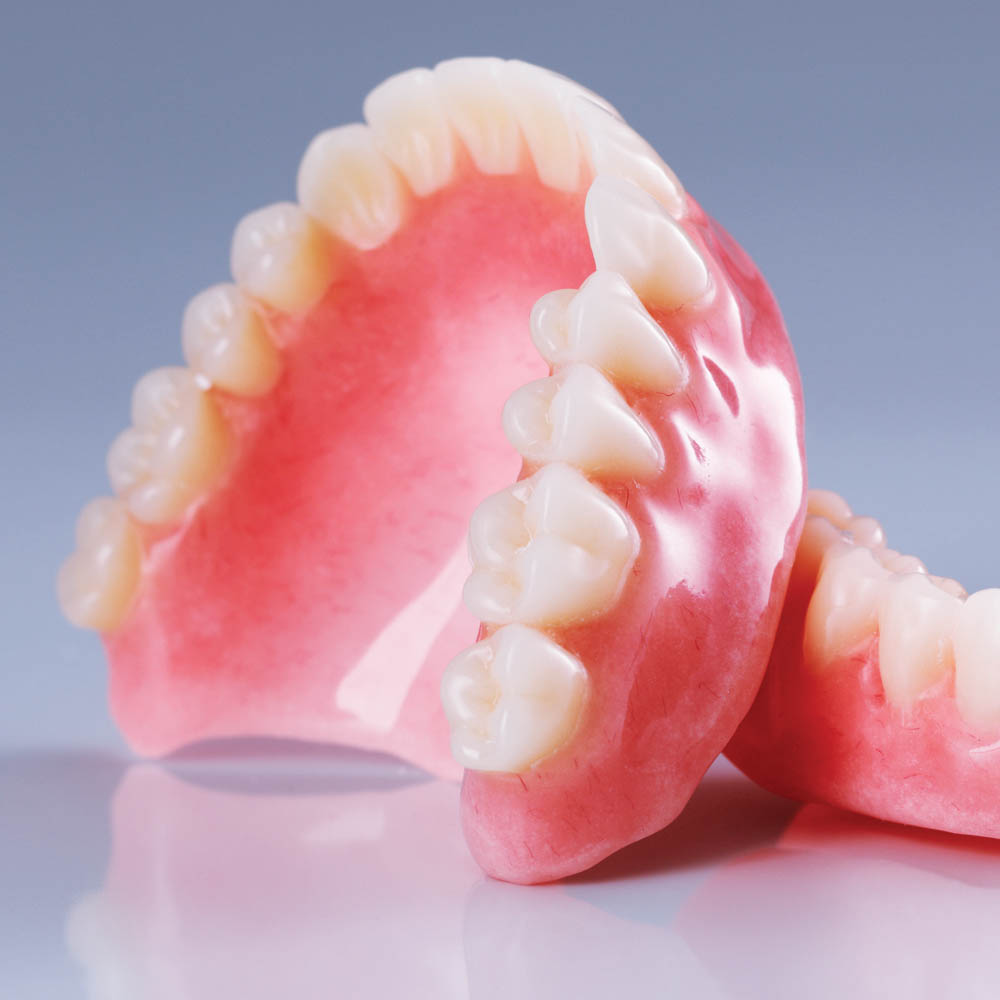
Dentures are removable false teeth made of acrylic (plastic), nylon or metal. They fit snugly over the gums to replace missing teeth and eliminate potential problems caused by gaps. Gaps left by missing teeth can cause problems with eating and speech, and teeth either side of the gap may grow into the space at an angle. You may need a complete denture set (a full set) or orpartial dentures which replace just 1 tooth or a few missing teeth.
Dentures may feel a bit strange to begin with, but you'll soon get used to wearing them. At first, you may need to wear your dentures all the time, including while sleeping. Your dentist will advise you on whether you should remove your dentures before you go to sleep.
Childsmile is a national programme designed to improve the oral health of children in Scotland and reduce inequalities both in dental health and access to dental services.
Good oral health should be established in the child's earliest years, even before the first tooth appears. There are a team of people ready to help you look after your children's teeth.
Good oral health in childhood means healthy teeth and gums throughout life. Childsmile is working to ensure all children, regardless of income or background, have the best possible start.


Cosmetic dentistry is a range of treatments designed to deliver your perfect smile – from teeth whitening and veneers to composite bonding and whole smile makeovers.
NHS treatment is available to cover dental work that’s clinically necessary for you to maintain your oral health. To improve your smile for cosmetic reasons, treatment is only available privately. At North Road Dental Practice, we offer private cosmetic treatments with skilled clinicians to advise on the right treatment for you, a range of payment options and flexible appointments to fit your schedule.
Cosmetic dental treatments can help give you a confidence boost, and help you achieve a smile you’re proud of.
The Inman Aligner is the perfect solution for crowding or protrusion of the front teeth. It is really efficient, very safe and great value. With the patented Inman Aligner, your front teeth can be gently guided to an ideal position in a matter of weeks. Most cases complete in 6-18 weeks and because it's removable you can take it out to fit with your lifestyle.
The Inman Aligner has Nickel Titanium coil springs that power two aligner bows that gently oppose each other, guiding the teeth into their new position. These gentle forces are active over a very large range of movement, which is why the Inman Aligner works so quickly. The inner bow pushes forwards, while the outer bow pulls back on the front teeth.
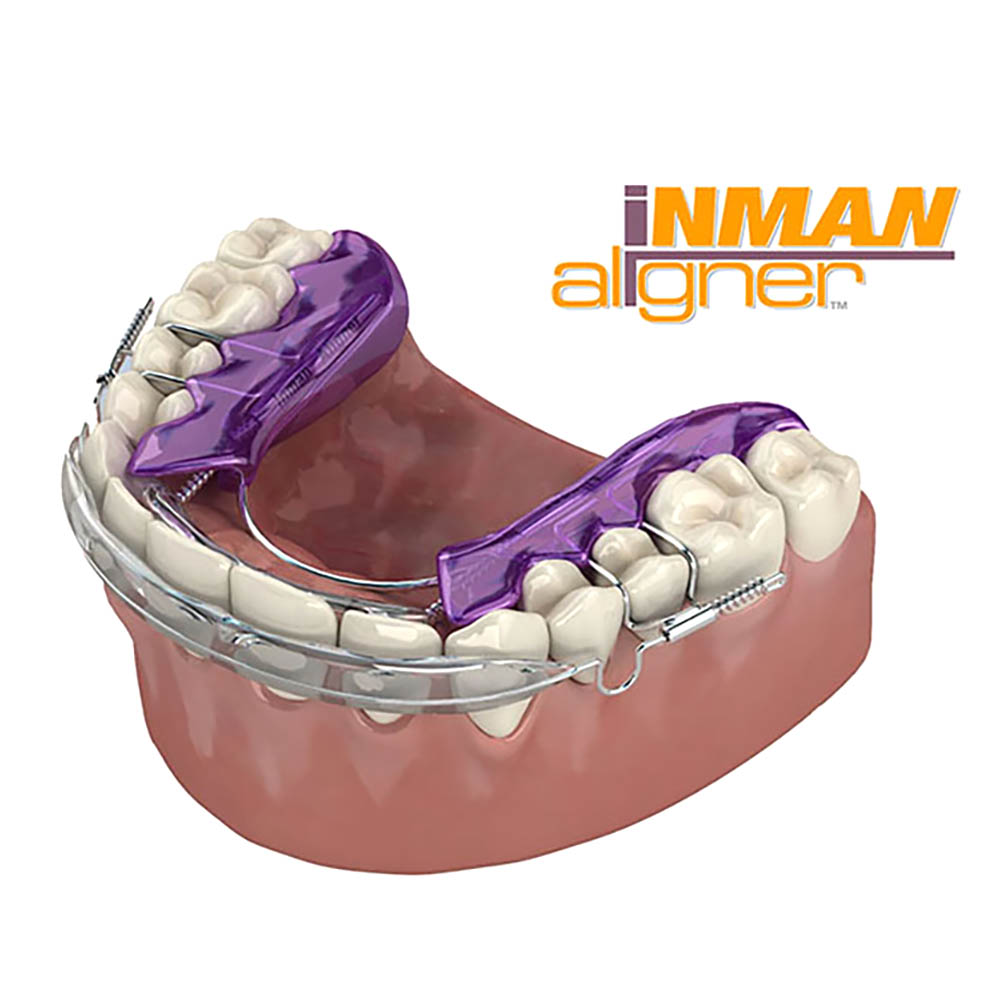

Improving your oral hygiene goes hand-in-hand with a healthy mouth. Small changes in your oral care routine can improve your dental health. Our dentists and hygienists will provide tips to keep you oral care routine at peak performance.
After brushing, rinse your toothbrush with water, let it air-dry, and store it in an upright position. Avoid covering toothbrushes or storing them in closed containers, which can cause the growth of bacteria.
Dentists recommend changing your toothbrush every 3 months or sooner if the bristles look frayed because worn-out bristles will not clean as well.